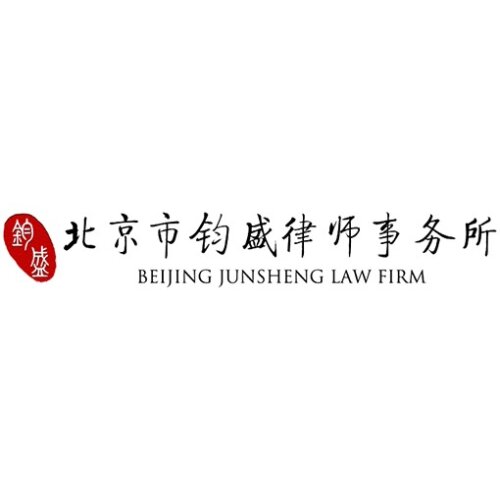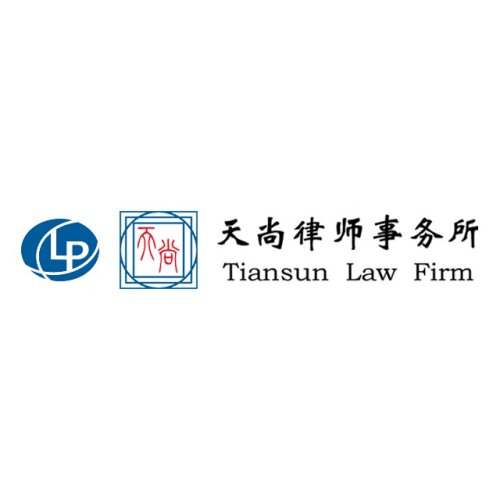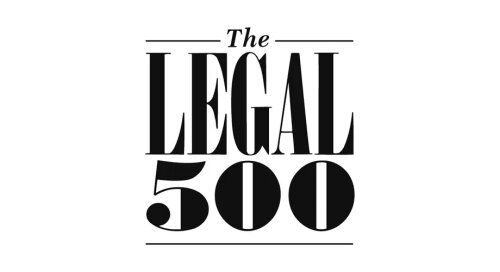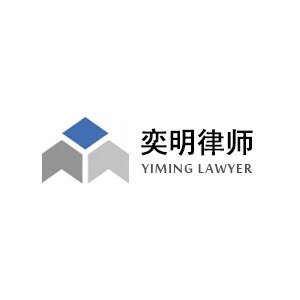Best Labor Law Lawyers in Beijing
Share your needs with us, get contacted by law firms.
Free. Takes 2 min.
List of the best lawyers in Beijing, China
About Labor Law in Beijing, China
Labor Law in Beijing, as in the rest of China, is a comprehensive framework designed to regulate the relationship between employers and employees, promoting fair practices and protecting the rights of workers. The system is governed by a variety of national laws including but not limited to the Labor Law of the People's Republic of China, the Labor Contract Law, and local regulations that may add further stipulations. These laws cover a wide range of topics including employment contracts, working hours, remuneration, social insurance, dispute resolution, and termination of employment.
Why You May Need a Lawyer
Legal assistance in the field of Labor Law can be crucial in many situations. You may need a lawyer if you're facing unfair dismissal, discrimination at work, or issues with unpaid wages. Furthermore, businesses often require legal aid to ensure compliance with labor regulations, draft and review employment contracts, or represent their interests in disputes. In the rapidly evolving job market of Beijing, having professional legal counsel can help navigate the complexities of labor legislation and protect one’s rights and interests within the framework of employment.
Local Laws Overview
Local laws in Beijing are attuned to the national Labor Law with specific implementations suited to the region's economic and social context. Key aspects include the enforcement of minimum wage standards, strict regulations on overtime and compensation, protection against unlawful termination, and the requirement for written labor contracts. Beijing also emphasizes workplace safety, and employers must comply with local standards to ensure a secure and healthy working environment. Dispute resolution is typically handled first through mediation, then arbitration, and finally through the court system if necessary.
Frequently Asked Questions
1. What are the minimum wage standards in Beijing?
The minimum wage in Beijing is subject to change and is regularly adjusted to reflect the city's economic development. It is advised to check the most recent standards with the local labor authorities or a legal professional.
2. How many hours constitutes a standard workweek in Beijing?
A standard workweek in Beijing, as determined by national labor law, is 40 hours, typically spread over five days with two days off.
3. What should I do if I'm not paid overtime?
If you're not paid for overtime work, you can seek legal assistance to claim remuneration. Overtime payment is regulated by law and employees are entitled to compensation for extra hours worked.
4. What protections do I have against unlawful termination?
Chinese labor law provides protection against unlawful termination, such as dismissal without cause or proper procedure. If you believe you've been unlawfully terminated, a lawyer can help you assess your situation and take appropriate legal action.
5. Are employers required to provide social insurance?
Yes, employers are required to enroll employees in social insurance schemes covering pensions, medical insurance, work-related injury insurance, unemployment insurance, and maternity insurance.
6. What should be included in a labor contract?
A labor contract should include terms on work responsibilities, remuneration, working hours, workplace location, term of the contract, social insurance, labor protections, and termination conditions.
7. Can I work in Beijing without a written labor contract?
Working without a written labor contract is not recommended as it can lead to a lack of legal protection for both the employee and employer. It is also against labor law regulations, which stipulate that a written contract must be signed within one month of employment.
8. How are labor disputes resolved in Beijing?
Labor disputes are primarily resolved first through mediation, then arbitration, and if necessary, litigation in the courts. Legal representation is often essential during these processes.
9. Can foreign workers seek protection under Beijing's labor laws?
Yes, foreign workers are entitled to protection under Beijing's labor laws, provided they hold valid work permits and residency documentation.
10. Who governs and enforces labor laws in Beijing?
Labor laws in Beijing are enforced by local branches of the Ministry of Human Resources and Social Security and other governmental bodies like the Beijing Municipal Labor and Social Security Bureau.
Additional Resources
For more information or legal assistance with labor laws in Beijing, one can refer to the Ministry of Human Resources and Social Security, the All China Federation of Trade Unions (ACFTU), legal aid services provided by the government, as well as reputable law firms that specialize in labor law. Additionally, online legal platforms and community legal clinics often offer access to resources and basic guidance.
Next Steps
If you are in need of legal assistance in Labor Law in Beijing, the first step is usually to consult a qualified attorney who specializes in this field. It's important to collect relevant documents such as employment contracts, pay stubs, and any communication with your employer. You should also be prepared to clearly state the facts of your case and your desired outcome, so that you can work effectively with your lawyer to address the situation.
Lawzana helps you find the best lawyers and law firms in Beijing through a curated and pre-screened list of qualified legal professionals. Our platform offers rankings and detailed profiles of attorneys and law firms, allowing you to compare based on practice areas, including Labor Law, experience, and client feedback.
Each profile includes a description of the firm's areas of practice, client reviews, team members and partners, year of establishment, spoken languages, office locations, contact information, social media presence, and any published articles or resources. Most firms on our platform speak English and are experienced in both local and international legal matters.
Get a quote from top-rated law firms in Beijing, China — quickly, securely, and without unnecessary hassle.
Disclaimer:
The information provided on this page is for general informational purposes only and does not constitute legal advice. While we strive to ensure the accuracy and relevance of the content, legal information may change over time, and interpretations of the law can vary. You should always consult with a qualified legal professional for advice specific to your situation.
We disclaim all liability for actions taken or not taken based on the content of this page. If you believe any information is incorrect or outdated, please contact us, and we will review and update it where appropriate.

















